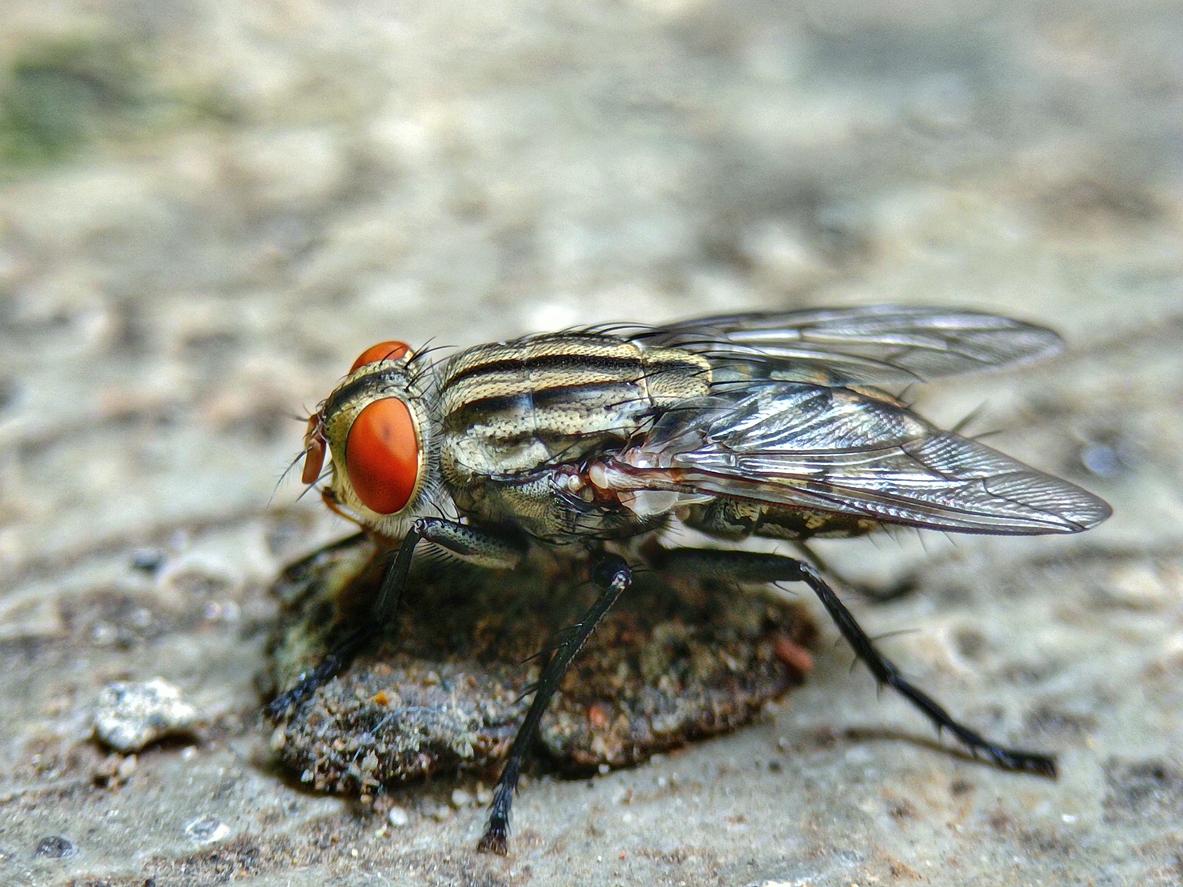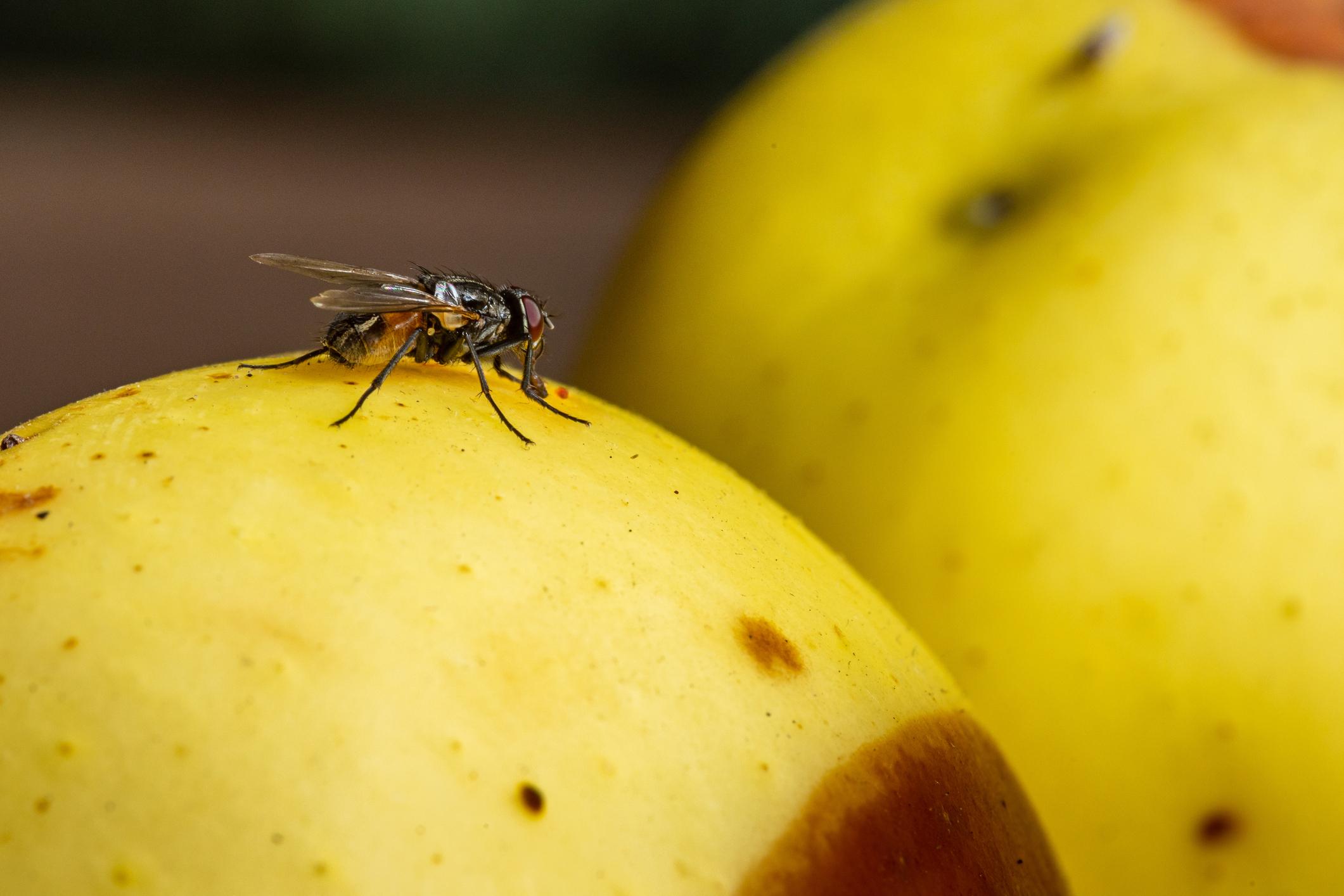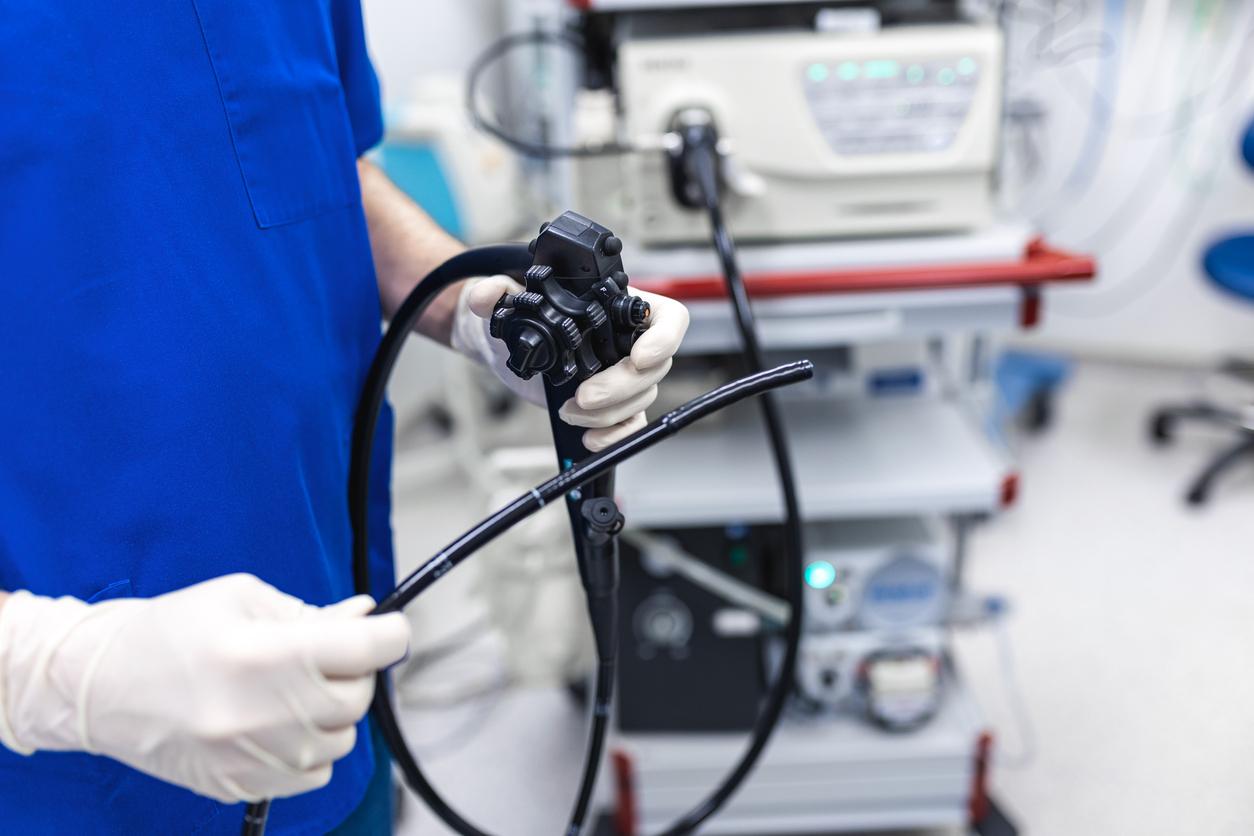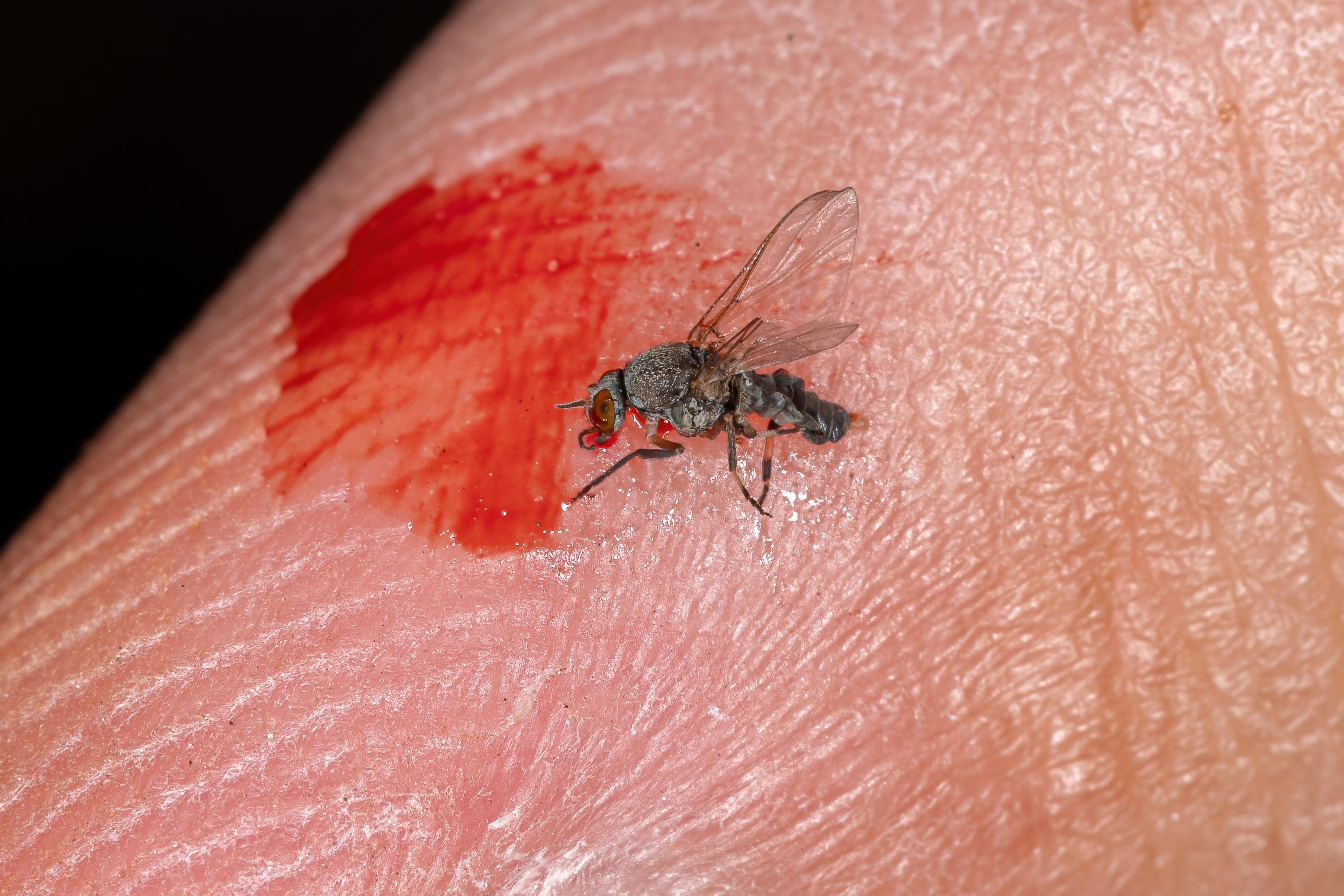Gastroenterology specialists were amazed to discover a completely intact fly in a man’s colon.

- Doctors report discovering a perfectly preserved fly in the colon of a 63-year-old man.
- What surprises doctors so much is that the fly is intact, because the colon is the final portion of the digestive tract, so the insect should have been crushed long before.
- It may be possible that ingesting a fly egg or larva evolved into a fly directly within the colon, but there is no evidence to validate such a scenario.
A mystery. This is how we could summarize the conclusions ofa new case study in which doctors report discovering a perfectly preserved fly in the colon of a 63-year-old man.
The man in question, who had a history of minor heart problems, asthma and tinnitus, presented for a colonoscopy having prepared his intestines for the procedure.
How could doctors see the fly in the colon?
To understand the sequence of events, let us specify that the patient had a “highly rated colon therefore particularly clear”.
Just as it is possible to have erections evaluated when medically necessary, you can have erections evaluated “the cleanliness” of your colon on a scale of 0 to 9. The right colon, transverse colon, and left colon are rated by doctors on a scale of 0 (“the mucous membrane is not visible due to the presence of solid feces and the feces cannot be removed“) to 3 (“the entire mucosa of the colon segment is clearly visible, without residual contamination“). These scores are then added to obtain the overall score of the patient’s colon in terms of visibility.
A gray fly suspended in the transverse colon and perfectly preserved
In addition to five polyps and hemorrhoids, doctors found in the transverse colon of sixty-year-old a gray fly suspended and perfectly preserved. The fly did not move, even when the doctor performing the colonoscopy pushed it.
“The patient did not know how the fly got into his colon,” explains the team in its report, adding that this discovery was very rare and very mysterious. “He had only consumed clear liquids the day before the procedure. He reported eating pizza and lettuce for the evening meal two days before the procedure, but did not remember seeing a fly in his food.”
The fly should have been crushed in the colon well before
What surprises doctors so much is that the fly is intact, because the colon is the final portion of the digestive tract. The insect should therefore have been crushed well before.
It may be possible that ingesting an egg or larva evolved into a fly directly within the colon, but there is no evidence to validate such a scenario.















